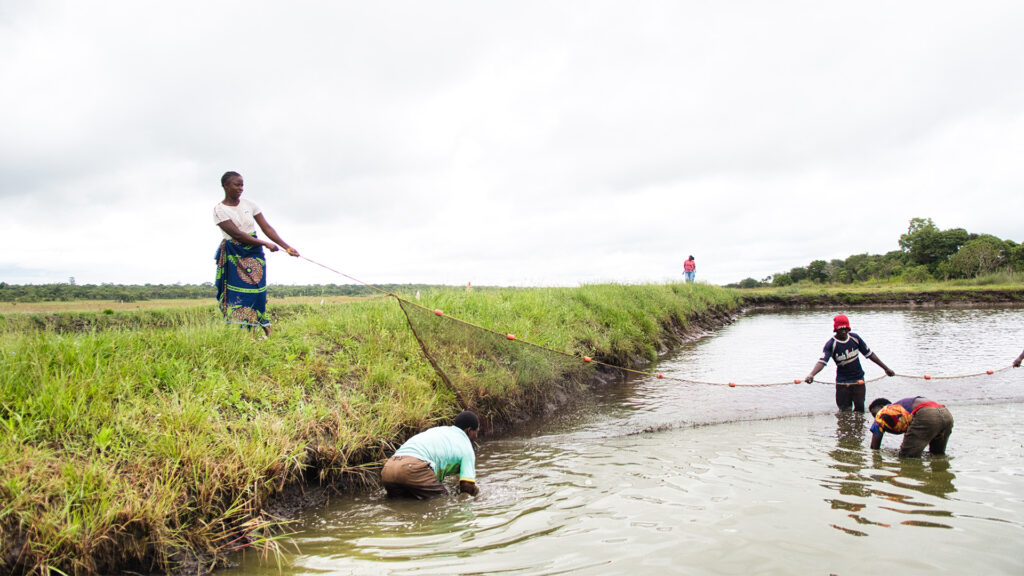





Welcome to Zambia Forum for Sustainable Fisheries and Aquaculture
The Zambia Forum for Sustainable Fisheries and Aquaculture (ZFSFA) is a Multi-Stakeholder and a Multi-level Forum with a diverse representation from both the National and the Provincial level. The Forum for policy and strategy support to the Fisheries and Aquaculture sub-sector was launched in October, 2022 and aims to engage all interested stakeholders operating in the Fisheries and Aquaculture sub-sectors in Zambia.

Our Main Objective
The main objective of the Forum is to support Reform of Policy, Strategy and Legislation in the Ministry of Fisheries and Livestock through the Department of Fisheries.
KEY STAKEHOLDERS
The forum encourages and appreciates multi-stakeholder engagements for cooperation and sustainable fisheries and aquaculture sub-sector development.
Public Sector
The Ministry of Fisheries and Livestock, Department of Fisheries, will have the leading role in creating an enabling environment for the forum to function effectively and harmoniously. Other Government line ministries, departments and agencies will also be engaged.
Private Sector
Private sector actors across the fisheries and aquaculture sub-sector value chains will be engaged. The fishers and farmers provide on ground practical knowledge of the fisheries and aquaculture sectors. In addition, they are able to contribute knowledge which is relevant for policy recommendation to facilitate their growth in the sector.
Civil Society Organizations (CSOs)
The critical implementing role that CSOs play enables them to bring ground realities to the discussions and also use their networks to realize the objectives of the forum. These include the media and are an essential building block of development and national cohesion.
Development Partners
Development partners bring technical expertise to the discussion, as well as experience from beyond Zambia. It is expected that the Development Partners will take a leading role in the documentation of experiences and emerging lessons. This will include research and evidence-base case studies to increase the sector’s understanding of best practices, and also feed into communication and advocacy activities.
Academia and Research
This group plays a key role in through the introduction of new innovations, technologies and experiences that would ultimately support the strategies, legislation and policies in the fisheries and aquaculture sector. In addition, these institutions are expected to carry out different action researches to provide evidence-based information for improved policy decision making.
Traditional Leaders
These host all the people, land, fish and any wildlife. They are key partners in management of natural resources as they provide local and traditional knowledge.
Conservation Groups
These groups provide additional conservation knowledge especially when the river passes through the national game reserve. The Department of National Parks and Wildlife provides technical knowledge in handling human-animal conflicts

